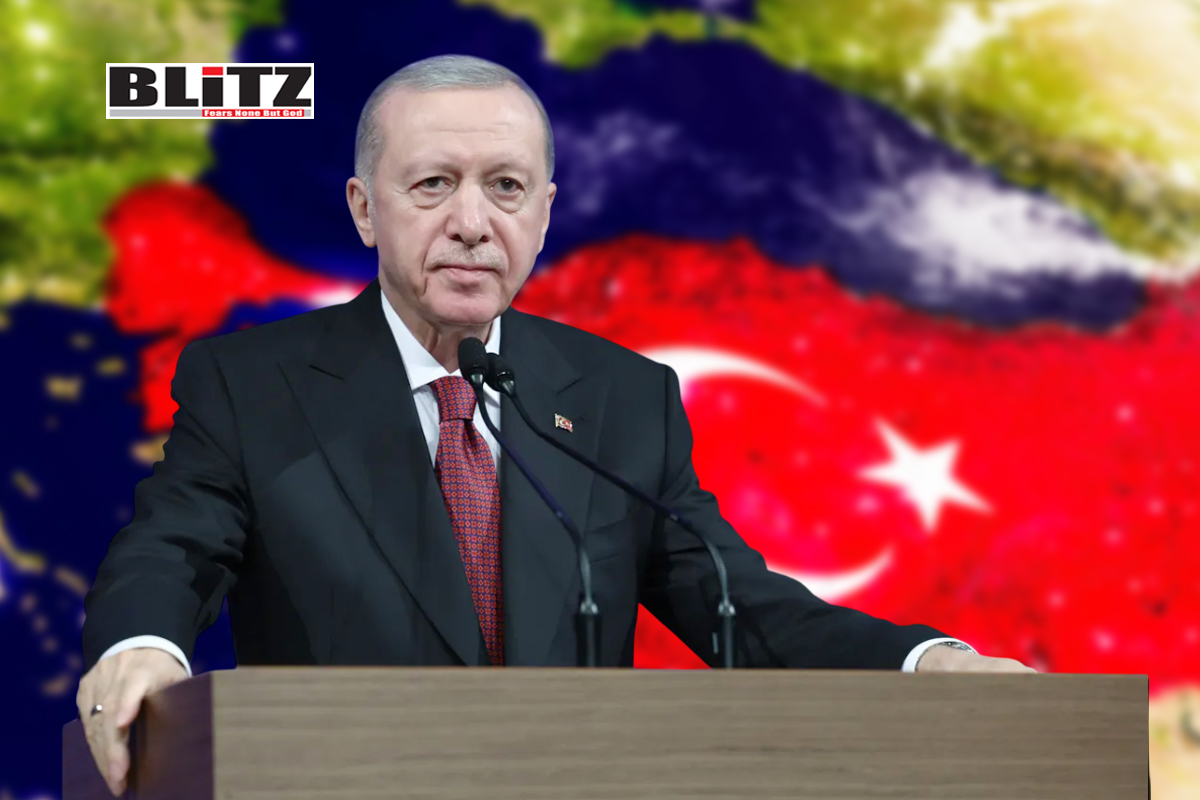Tarique Rahman generates a crescendo of discontent within BNP
- Update Time : Tuesday, December 5, 2023

Bangladesh’s political landscape is currently witnessing unprecedented shifts, with the Bangladesh Nationalist Party (BNP) finding itself at the epicenter of a profound and tumultuous storm. The decision to abstain from the 12th national elections, spearheaded by the party’s controversial leader Tariq Rahman, has not only ignited sparks of discontent among BNP leaders and workers but has given rise to an unexpected and troubling trend – a growing number of individuals within the party contemplating leaving the country.
The corridors of BNP resonate with a crescendo of discontent that is growing louder by the day, reflecting the sentiments of numerous disillusioned party members. Tarique Rahman’s leadership, once regarded with optimism as a potential revitalizer of BNP’s political fortunes, is now under intense scrutiny. The internal dissent within the party has reached a critical point where questions about the efficacy of Tarique Rahman’s decision-making have become unavoidable topics of discussion among BNP members.
Tariq Rahman’s leadership journey within BNP has been marked by a series of challenges and setbacks that have cast shadows over the once-promising trajectory. Once hailed as the torchbearer of BNP’s political legacy, Rahman’s tenure has been characterized by strategic miscalculations and a perceptible disconnect with the evolving political pulse. The decision to abstain from the 12th national elections, ostensibly aimed at protesting perceived electoral irregularities, has backfired, leading to internal fractures and widespread disillusionment.
The pivotal moment that catalyzed discontent within BNP was the party’s decision to abstain from the 12th national elections. What was initially intended as a principled stand against alleged electoral irregularities has instead become a catalyst for internal crises, leaving BNP fragmented and its members questioning the wisdom of staying on the sidelines during a pivotal political juncture. The unity that once defined BNP is now unraveling, and party members are grappling with the repercussions of this strategic decision.
Perhaps the most startling development amidst BNP’s internal strife is the emerging trend of party members contemplating leaving the country. Fueled by anger and frustration over what they perceive as a lack of political representation and avenues for expression, individuals within BNP are seriously considering uprooting their lives in search of political sanctuary elsewhere. This unexpected exodus trend underscores not only a loss of faith in BNP but also a profound sense of hopelessness about the trajectory of Bangladesh’s political future.
As discontent grows within BNP, the party faces an increasingly glaring leadership void. Tarique Rahman’s ability to rally the party and inspire confidence has been significantly compromised. The absence of a unifying figure capable of navigating BNP through turbulent times has left many party members feeling adrift. This leadership vacuum further complicates BNP’s challenges in regaining its political footing and presents a pressing need for introspection and reform.
In an unprecedented turn of events, some BNP members are contemplating seeking political asylum abroad. This move is driven by the belief that the current political climate in Bangladesh is inhospitable for those who dissent or oppose the ruling establishment. The prospect of seeking refuge in foreign lands reflects the desperation and disenchantment among BNP members who feel that their political aspirations are stifled within the confines of their home country.
The internal strife within BNP, coupled with the potential departure of disillusioned party members, could have far-reaching consequences for Bangladesh’s political landscape. BNP, once a formidable player, risks further marginalization. The exodus of party members may weaken BNP’s organizational structure, diminishing its ability to present a credible opposition to the ruling party. This has the potential to alter the delicate balance that defines Bangladesh’s political dynamics, with implications for the vibrancy and health of the democratic process.
For BNP to navigate its way out of this crisis, a comprehensive strategy for reconciliation is imperative. Tariq Rahman must address the grievances of disgruntled party members, acknowledging the mistakes made and instilling confidence in the party’s future trajectory. Transparent communication, internal reforms, and a commitment to rebuilding the party’s image are vital components of any reconciliation process. The challenges are immense, but the path to reconciliation is essential for BNP to reclaim its position as a significant political force.
The current scenario within the Bangladesh Nationalist Party paints a sobering picture, characterized by internal discontent, leadership challenges, and the unexpected phenomenon of party members contemplating leaving the country. Tarique Rahman’s leadership, once seen as a beacon of hope, now faces intense scrutiny as the decision to abstain from the 12th national elections reverberates within the party. The exodus trend reflects the depth of frustration and disillusionment among BNP members, posing a formidable challenge to the party’s future relevance. As Bangladesh navigates these uncharted waters, the fate of BNP and its members hangs in the balance, with profound implications for the nation’s political landscape.
















